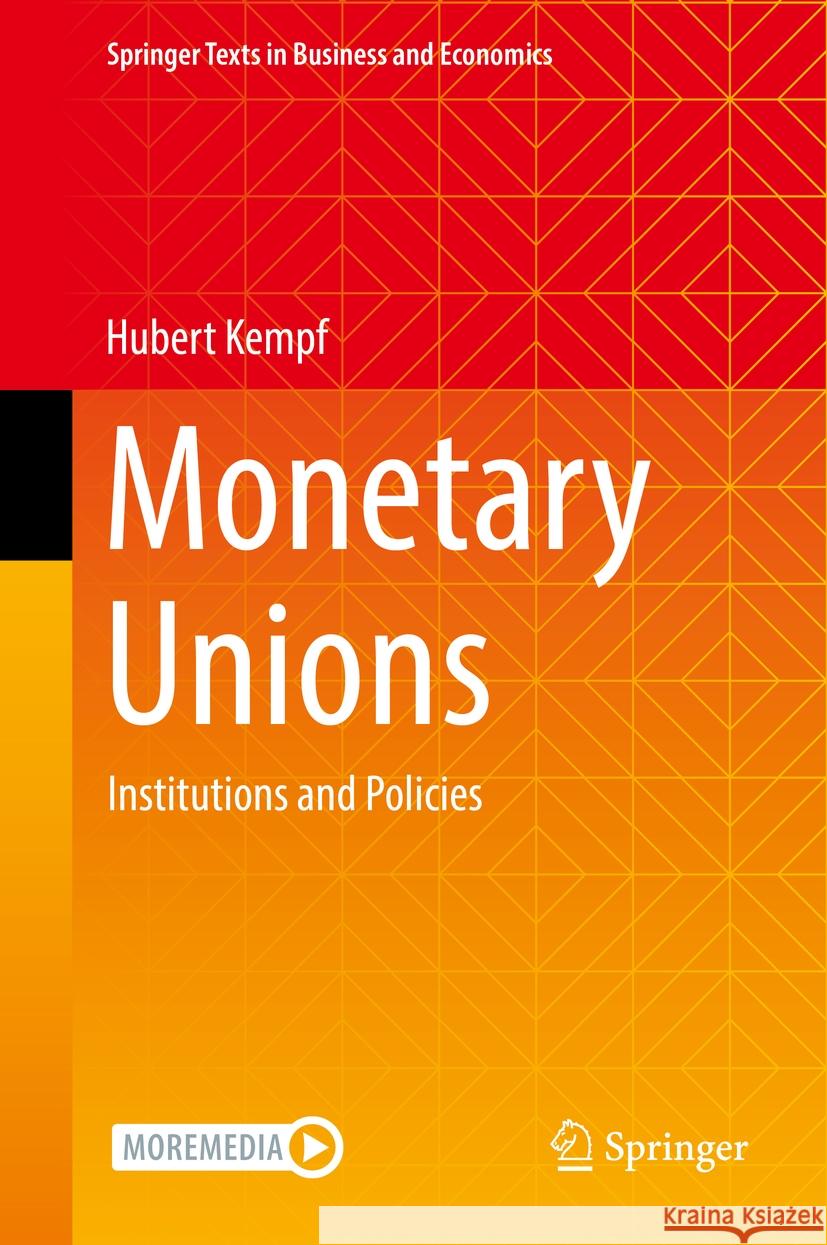Monetary Unions: Institutions and Policies » książka
topmenu
Monetary Unions: Institutions and Policies
ISBN-13: 9783030932312 / Angielski / Twarda / 2022 / 443 str.
Monetary Unions: Institutions and Policies
ISBN-13: 9783030932312 / Angielski / Twarda / 2022 / 443 str.
cena 281,76
(netto: 268,34 VAT: 5%)
Najniższa cena z 30 dni: 269,85
(netto: 268,34 VAT: 5%)
Najniższa cena z 30 dni: 269,85
Termin realizacji zamówienia:
ok. 16-18 dni roboczych.
ok. 16-18 dni roboczych.
Darmowa dostawa!
Kategorie:
Kategorie BISAC:
Wydawca:
Springer Nature Switzerland AG
Język:
Angielski
ISBN-13:
9783030932312
Rok wydania:
2022
Dostępne języki:
Numer serii:
000424303
Ilość stron:
443
Waga:
0.83 kg
Wymiary:
23.39 x 15.6 x 2.54
Oprawa:
Twarda
Dodatkowe informacje:
Wydanie ilustrowane











